
views
From oil and trade to regional politics, outgoing Kazakhstan Ambassador to India Bulat Sarsenbayev spoke about a wide range of issues in an exclusive interview with News18.com. Sarsenbayev is serving the end of his five-year term, and is set to return to Kazakhstan on September 21. He stressed on the need to resolve logistical hurdles in the export of oil to India, the importance of regional stability in Central Asia and explained his country’s position vis-à-vis China’s Belt and Road Initiative and India’s issue with it.
Here is the full interview.
What does the newly-inaugurated 'Al-Farabi' house aim to do? Will scholarships be offered to Indian students who wish to study in Kazakhstan?
The “Al-Farabi” house is a cultural and educational sector which was inaugurated in collaboration with the Kazakh National University and it aims to provide information about Kazakhstan to students before they arrive in the country. Students may access the different courses available at the university in detail. We won’t be giving out scholarships (under Al-Farabi). Students can learn the Kazakh language so they are better prepared before they reach. There is a demand for Indian students in Kazakhstan but we only want good quality students, so the house even screens the students.
During your five years as the ambassador of Kazakhstan to India, what initiatives have been taken to further cultural ties between the two countries?
Every year (as ambassador), I brought a cultural delegation from Kazakhstan to India which included the best artists, musicians and dancers, who performed here. About 11 years ago, the Symphony Orchestra of India (SOI) was opened in Mumbai. The director of SOI, Marat Bisengaliev, is a very famous Kazakh violinist. Core of the musicians at the orchestra are Kazakh and they travel to different countries to perform. They also opened a music school in Mumbai to train talented Indian students. Not many countries can boast this level of cooperation with India.
What is the state of trade relations between the two countries and what can further be done to further improve them?
Trade between India and Kazakhstan stood at $470 million in 2014 and went up to $1.2 billion by 2018. If everything goes well, we expect it to reach $1.5 billion by the end of this year. Kazakhstan remains India’s biggest trading partner in Central Asia. Logistics like transportation is one of the main hindrances in trade between the two countries. Due to heavy transportation costs, prices of goods are also not competitive. If these issues can be resolved, trade between India and Kazakhstan could easily double or triple. We have also created a special working group on transport and logistics which will look into this.
India has been actively pursuing space exploration which and recently launched Chandrayaan-2. Earlier, both ISRO and National Space Agency of Kazakhstan had signed a deal to cooperate with each other in space endeavours. What can the two countries do next in this regard? Are there any plans to undertake joint space operations?
Along with Information Technology (IT) and Financial Technology (FinTech), Space is one of the new areas where India and Kazakhstan have started to cooperate. We have created a special working group to cooperate on space operations and we hope that we can conduct joint space operations in the future.
Saudi Arabia remains the second biggest importer of oil for India. After the attack on Aramco's oil facilities, its oil output has been cut by half and this is expected to disrupt supply to India. As Kazakhstan remains one of the biggest oil exporters of the world, how can this have an impact on India-Kazakhstan trade?
As I told you before, the main problem remains logistics and transportation. Kazakhstan is a land-locked country and we need to develop new transport routes to tackle this problem. India is already building the Chabahar port in Iran which can be used to supply oil but we need to build a railway system to connect Chabahar port to Turkmenistan or the Iranian railway network to make it feasible for us.
How do you see the dynamics changing in Central Asia especially with peace talks in Afghanistan affecting the regional stability? What role can India and Kazakhstan play in the issue?
India and Kazakhstan are very active on this issue. We do not have a border with Afghanistan but we still consider it to be a neighbours as it is a part of Central Asia. We provide assistance to Afghanistan in training their military and police staff. We have created a Kazakh Aid company the largest share raised from which goes to Afghanistan. Just like India, we understand the importance of having stable neighbours. Both India and Kazakhstan have similar positions on Afghanistan.
This year India decided to skip a meeting of the Eurasian Economic Union (ECO), which was organized by the Shanghai Cooperation Organisation (SCO) in China. Experts cited the increased focus on Belt and Road Initiative (BRI) as the reason for India's absence. Kazakhstan, with its strategic location, plays a central role in the BRI. However, India has strongly opposed the project. Do you think the different positions on the initiative can have an impact on their ties?
Kazakhstan is a very pragmatic country and we share borders with China. China is a strategic market for our products because of which we support the Belt and Road Initiative. We understand that this is a sensitive issue for India but we hope that it can find a solution as the project is very important for India as well. Kazakhstan is also a very active member of the Eurasian Economic Union. On Prime Minister Narendra Modi’s official visit to Kazakhstan in 2015, our first president, Nursultan Nazarbayev, discussed with him the possibility of becoming a full member of the SCO. In 2017, again in Kazakhstan, India became a full member of the SCO, which was very symbolic.











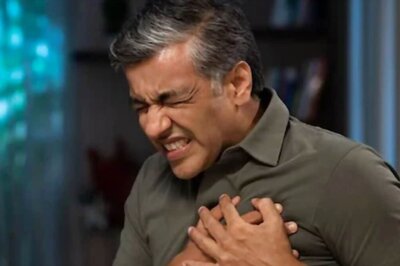
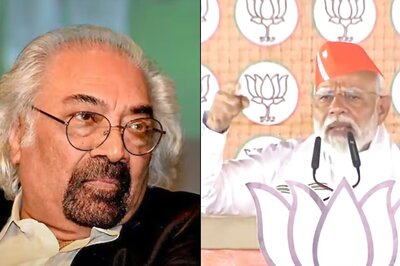
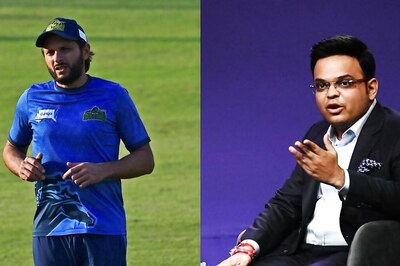



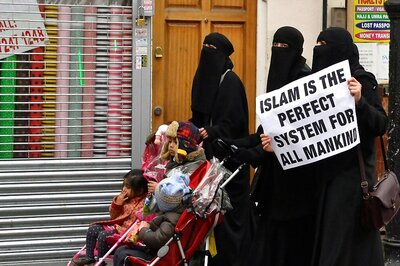
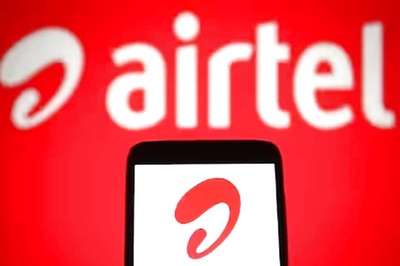
Comments
0 comment